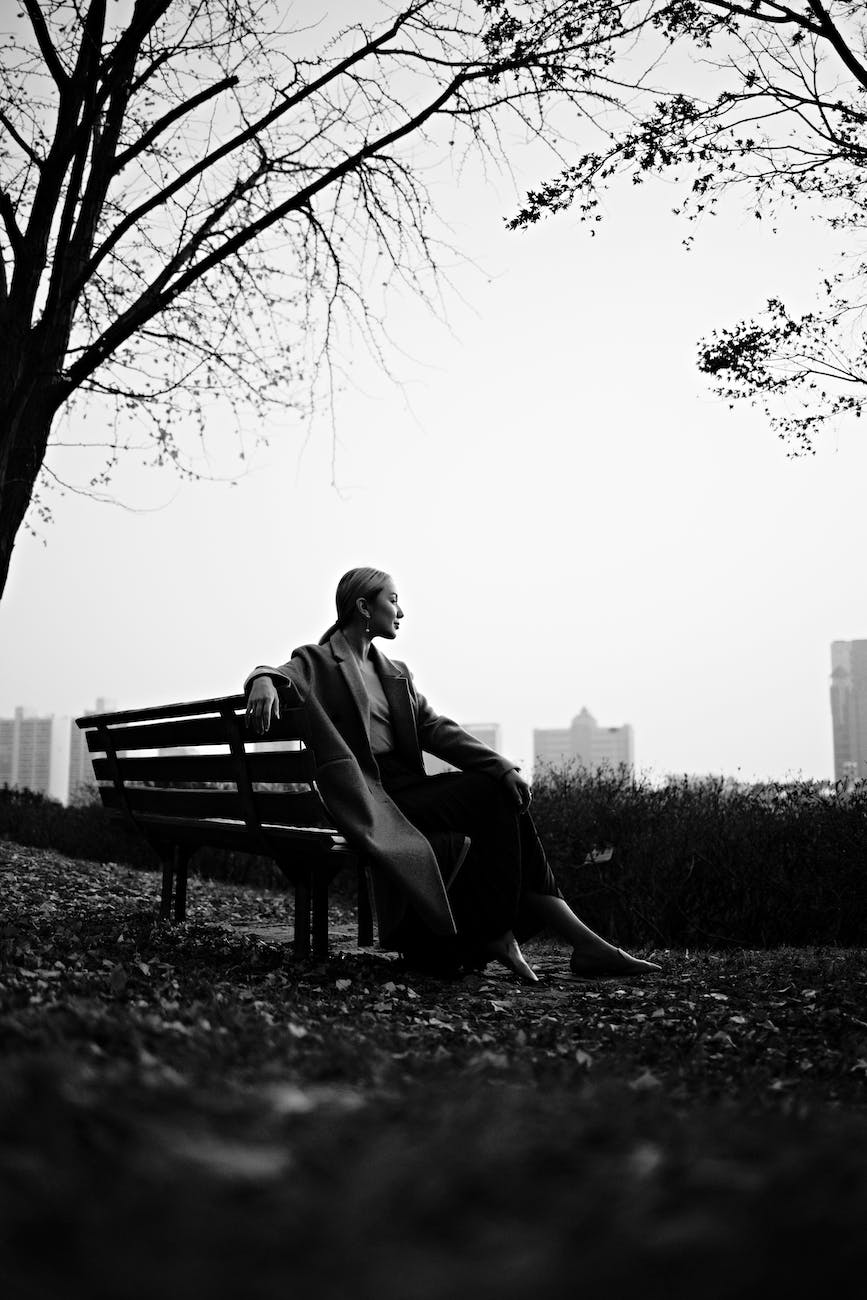“Doing nothing is better than being busy doing nothing”.
– Lao Tzu
Doing nothing is surprisingly difficult. It requires a shift in thinking that our time must always be occupied, our to-do list must always be filled, and the busier we are the better.
In this non-stop culture, we herald those that ‘get sh*t done’ and seem to do a million things daily, but we forget how stressful and unbalanced that person can be.
Anytime we do too much of anything, one after the other, we forget to pause.
Reflection
Multi-tasking, as I see it, is a myth. The mind can only truly focus on one thing at a time. The more we do, the less attention we have to devote to a single task.
Dopamine is released in rapid succession in the brain, increasing the heart rate and stimulating the nervous system.
That feeling of constant productivity can feel good for a short while, but in the long run, it has adverse effects by actually encouraging a less productive cycle over time.
Our ancestors held roles that consisted of one task at a time, which reduced stress and increased overall contentment with completion, they were more mindful of their productivity.
Now please don’t misread this, doing nothing doesn’t imply watching Netflix all day or doom-scrolling TikTok until the mind blows up.
It means pausing, reassessing what and why we are doing something (work or personal), and then moving forward in a clear, concise direction.
Mindfulness is the deliberate act of noticing the present moment in an open and kind way, or in other words, the simple yet profound act of doing nothing.
The Good Ole Dictionary defines mindfulness as the practice of purposely bringing one’s attention to the present moment without evaluation, a skill one develops through meditation or other training.
As a therapeutic technique, mindfulness has the potential to change our lives in positive ways. When mindful, we are naturally kinder, more compassionate, and clear-headed.
The present is a gift for all to discover. Our only job is to notice when the mind has been lost in thought, judgment, or sensation and softly return to the breath or another object bound to the present.
Judgment and criticism are thoughts, no different than thinking about what to eat for breakfast or what project to work on.
When seeing it this way, the object is the same: see the judgment, recognize it, and then let it pass.
Encouragement
I encourage us to reflect on what mindfulness means in our lives. Take 3 to 5 minutes to write down or think of what activities and experiences bring you a sense of contentment.
And yes, I encourage us to meditate for at least 10 minutes each day, building the foundation of a lifelong practice of doing what we truly enjoy by doing nothing for just a fraction of the day!
Thank You
Thank you deeply for your time and attention in reading this post or newsletter, it is a rare gift these days.
Feel free to leave a comment or share this post. You can also Buy Me a Coffee if you feel inclined to do so!
Three Links

Leave a Reply